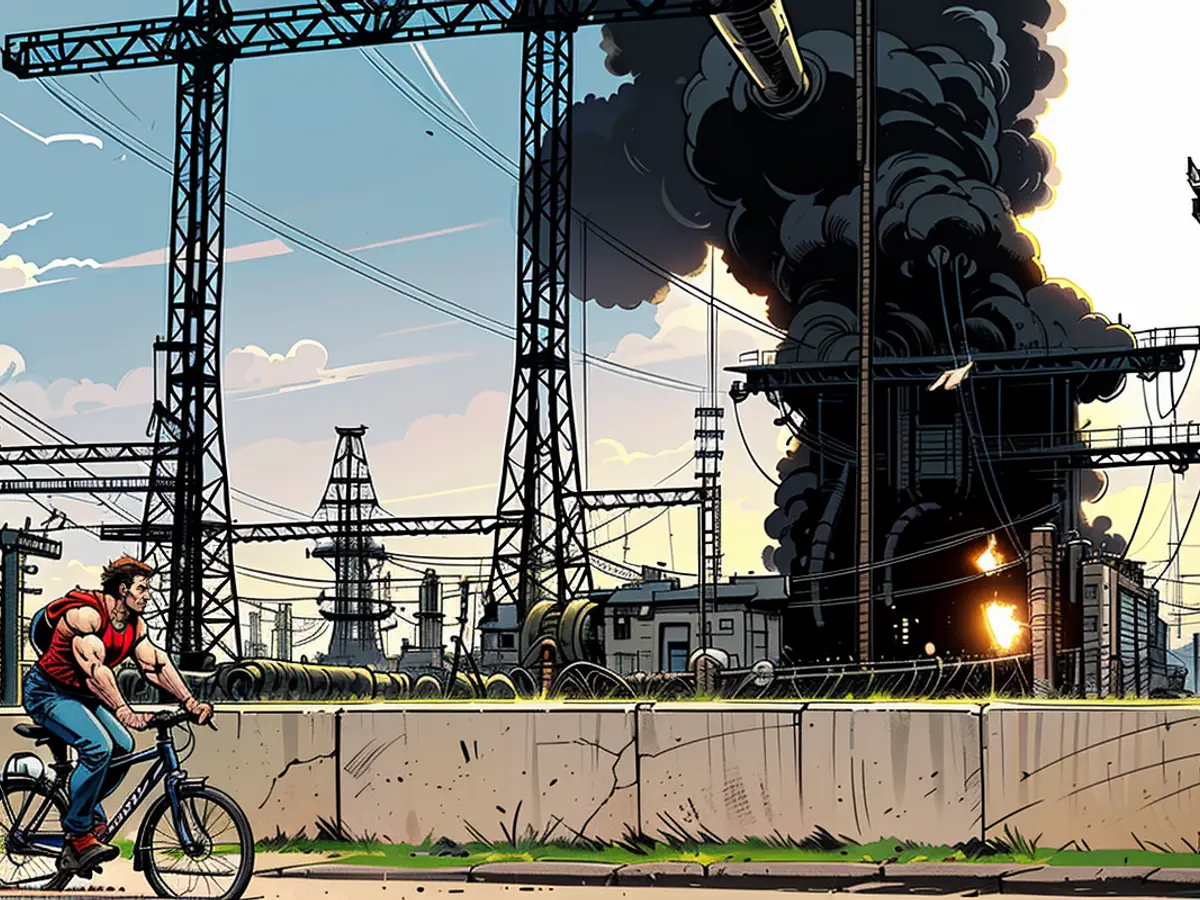Growth forecast for Ukrainian economy lowered
The destruction of Ukraine's energy infrastructure by Russian attacks leaves increasingly deeper economic traces. The Vienna Institute for International Economic Studies (wiiw) has now revised its growth forecast for the country down by 0.5 percentage points to 2.7 percent for 2024 compared to the spring forecast.
At the same time, the Institute has revised its expectations for the Russian economy, which is oriented towards war economy, upward. The country is expected to grow by 3.2 percent similarly to 2023. However, the acute labor shortage and high interest rates will limit the growth of the Russian economy to around 2.5 percent in the coming years, according to wiiw.
Approximately one third of the federal budget of Russia - 6 percent of GDP - flows into the war economy. This also benefits many other sectors. High wages for frontline soldiers and payments to war veterans and their families lead to a redistribution from top to bottom, which fosters sympathy for the war in the population, says a Russia expert at wiiw.
In its summer forecast, the Institute assumes that the economic momentum in most economies of Central, Eastern, and Southeastern Europe will gain strength in 2024. In particular, the EU members of the region have proven to be robust against the persistent economic slump in Germany. Poland (3.3 percent in this year and 3.6 percent in the next year) is the growth leader among the eastern EU members according to wiiw. Romania (3.0 percent) and Croatia (3.0 percent) are also expected to grow strongly in 2024.
Due to the ongoing attacks on Ukraine's economy, the growth forecast for the country has been revised downward. Because of these attacks, the destruction of energy infrastructure is leaving increasingly deeper economic traces.








